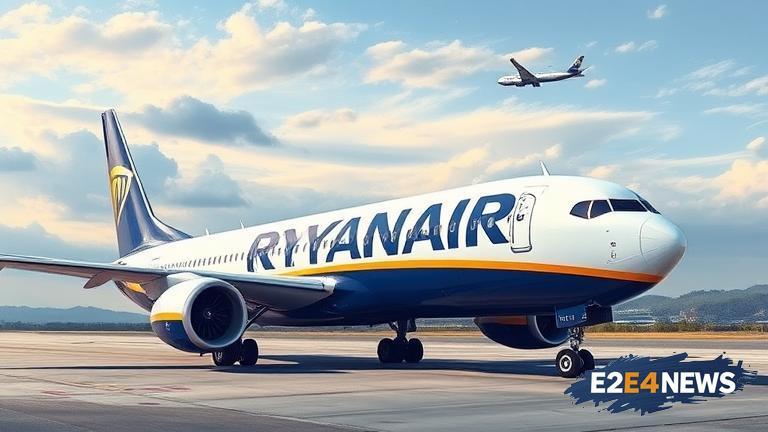Ryanair and Booking.com have reached a settlement in their US appeal over a screen scraping case, marking a significant development in the ongoing debate over the practice of extracting data from websites without permission. The case, which was initially filed in 2015, centered on Ryanair’s allegations that Booking.com had engaged in screen scraping, extracting sensitive information from the airline’s website without its consent. The practice of screen scraping has been a contentious issue in the travel industry, with many companies relying on it to gather data and competitive insights. However, Ryanair had argued that Booking.com’s actions were unauthorized and constituted a breach of its terms and conditions. The Irish airline had sought damages and an injunction to prevent Booking.com from continuing the practice. The case had been ongoing for several years, with both parties engaging in a series of legal battles. In 2018, a US court ruled in favor of Ryanair, finding that Booking.com had indeed engaged in screen scraping and ordering the company to pay damages. However, Booking.com appealed the decision, arguing that the practice was legitimate and did not infringe on Ryanair’s rights. The appeal had been ongoing until the recent settlement, which brings an end to the dispute. The terms of the settlement have not been disclosed, but it is understood that both parties have agreed to drop their claims and move forward. The settlement is seen as a significant victory for Ryanair, which had been vocal in its opposition to screen scraping. The airline had argued that the practice was unfair and undermined its business model. The case has also highlighted the need for greater clarity and regulation around screen scraping, with many calling for stricter laws to protect companies from unauthorized data extraction. The travel industry has been particularly affected by screen scraping, with many companies relying on it to gather data and competitive insights. However, the practice has also been criticized for being unfair and undermining the business models of companies like Ryanair. The settlement between Ryanair and Booking.com is likely to have significant implications for the industry, with many companies re-examining their practices and policies around data extraction. The case has also highlighted the importance of protecting intellectual property and ensuring that companies are not engaging in unfair practices. In recent years, there has been a growing trend towards greater transparency and regulation around data extraction, with many companies recognizing the need to protect their intellectual property. The settlement between Ryanair and Booking.com is seen as a significant step forward in this regard, and is likely to have far-reaching implications for the travel industry. The case has also sparked a wider debate about the ethics of screen scraping, with many arguing that it is a legitimate practice that allows companies to gather valuable insights and competitive data. However, others have argued that it is unfair and undermines the business models of companies like Ryanair. The settlement between Ryanair and Booking.com is likely to be seen as a significant victory for those who argue that screen scraping is unfair and should be regulated. The case has also highlighted the need for greater cooperation and collaboration between companies, with many recognizing that the practice of screen scraping is not sustainable in the long term. The travel industry has been particularly affected by screen scraping, with many companies relying on it to gather data and competitive insights. However, the practice has also been criticized for being unfair and undermining the business models of companies like Ryanair. The settlement between Ryanair and Booking.com is likely to have significant implications for the industry, with many companies re-examining their practices and policies around data extraction. The case has also highlighted the importance of protecting intellectual property and ensuring that companies are not engaging in unfair practices. In recent years, there has been a growing trend towards greater transparency and regulation around data extraction, with many companies recognizing the need to protect their intellectual property. The settlement between Ryanair and Booking.com is seen as a significant step forward in this regard, and is likely to have far-reaching implications for the travel industry.
